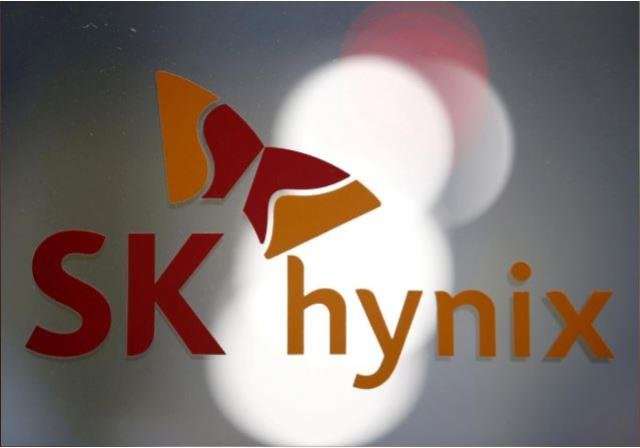SK Hynix, the leading chipmaker based in South Korea, said it plans to reduce its investment next year by more than 50 percent due to poor demand in memory chip business.

SK Hynix said its 2022 investment is expected to be at the upper range of 10-20 trillion won.
SK Hynix revealed that it plans to reduce production volume of less profitable products. The plan is to normalize the market’s supply and demand balance by maintaining such tendency in investment and production reduction for a certain period of time.
“We will leap forward as a leading semiconductor memory player by overcoming this downturn based on our potential that has always turned crises into opportunities in the past,” said Kevin (Jongwon) Noh, chief marketing officer (CMO) at SK Hynix.
SK Hynix also said it will expand mass production of industry’s first 238-layer 4D NAND next year, which was developed in the third quarter of this year, and will secure cost competitiveness and increase profitability.
SK Hynix joins chipmakers that have begun curtailing supply and investment. US-based Micron plans to cut investments by more than 30 percent next year. Taiwan-based TSMC has cut its 2022 investment plan.
SK Hynix, the world’s second-biggest memory chip maker, said its revenue fell 7 percent to 10.98 trillion won in Q3.
SK Hynix reported 60 percent drop in profit as a surge in inflation hurt demand for electronic devices and the memory chips that go in them.
SK Hynix’s operating profit fell to 1.66 trillion won ($1.16 billion) in the July-September quarter, from 4.2 trillion won a year earlier.
Prices of DRAM chips, used in devices and servers, fell around 20 percent in the third quarter from the second, SK Hynix said. Prices of NAND Flash chips that serve the data storage market fell more than 20 percent.
The poor results echo rival Samsung’s third-quarter earnings slump and Micron Technology’s warnings of a sharp decline in PCs and smartphones sales.
The smartphone market dropped 9 percent in July-September, marking the worst third-quarter since 2014, according to analysis provider Canalys.
DRAM chip prices are expected to fall further in the current quarter as memory chip companies have lost their bargaining power with customers who have stockpiled chips and now struggle to clear them due to weak demand, said Wi Min-bok, analyst at Daishin Securities.
